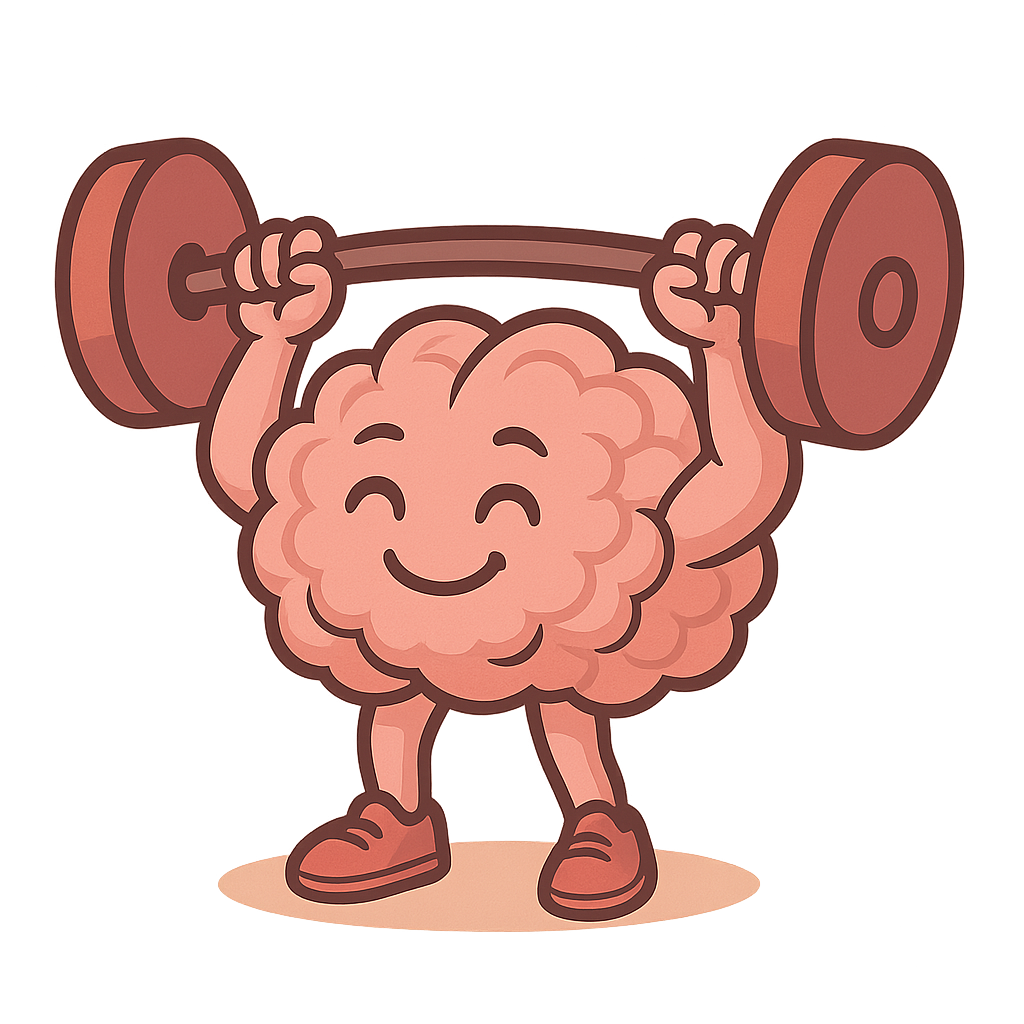How 15 minutes of this practice could be your ticket to mental clarity and peak performance
Meditation is good for you, both physically and mentally. But when sitting still is too big a jump, there's a tool high-performers have used for centuries to achieve a similar meditative state—writing.
This isn't the regular old stuff you do on a work day—be it emails or business reports. It's expressive writing: raw, unfiltered thoughts, emotions and feelings, putting pen on paper, and doing so without judgment.

Writing to Get Unstuck:
Writing is inherently meditative. It forces the stream of consciousness to distill down a narrow funnel—the writing process itself.
We all suppress emotions to survive, navigate complex professional and personal environments, and keep our heads above water. But emotion doesn't disappear. It builds up, festers, and grows, unless we create space to allow it to flow through us. Expressive writing becomes a release valve for our emotions.
This reality hit me during a period of paralyzing anxiety about career directions and the very divergent paths I saw towards success. I was suffocating under the weight of my own thoughts.
“Write to clear out suffocation,” a friend told me.
I initally turned to traditional meditation to “treat” my suffocating. This manifested as an uncanny ability to sit still on the New York subway on my way to work. But meditating was only part of the solution. It provided immediate relief and clarity but as soon as I started thinking, the thoughts and anxiety flowed back. So I turned to writing.
As I wrote, I had no choice but to pay close attention to my own thoughts. I was no longer surfeited by thought; I merely began observing thought drip and flow onto page. And by writing my thoughts, emotions, and feelings out, I labelled them, observed them arise in my body, sat with them, and let them flow through me. Only then did I finally let them go.
The Science of Writing
Extensive research validates what many successful people have discovered intuitively about writing. Writing about our thoughts and emotions delivers marked improvements in mental health:
- Reduces depressive symptoms and burnout
- Improves self-efficiency and resilience
- Mitigates stress
Frequency and duration matter too: The more consistently we write, and the longer we write, the greater the benefits we experience.
It's also no surprise that expressive writing also delivers a number of physical health benefits:
- Reduced blood pressure
- Improved markers of immune system functioning
- Improved liver function
A Research-Backed Protocol to Start
You're convinced you should write expressively, but you don't know where to start? Here's a scientifically-backed protocol that I have personally used to start writing:
- Commit to at least four sessions of writing, ideally on consecutive days, lasting 15-20 minutes per session.
- Choose a private space where you won't be interrupted
- Use a handwritten journal or notepad
- Focus on a significant emotional experience, current stressor, or challenge.
- This could be personal, a relationship stressor, or work-related
- It's okay to start small—there's no need to write about an overwhelming big-T trauma if you're not ready
- Write continuously for the full session.
- Don't worry about grammar, spelling, or structure — the writing is only for you and you will not be judged
- Let thoughts, emotions, and feelings flow freely
- If you get stuck, use these prompts:
- What is a recent event that has caused you significant stress or emotional discomfort? How did it affect you?
- What thoughts and feelings come up when you reflect on this experience?
- In what ways has this experience influenced your relationships, work, or sense of self?
- What did you learn about yourself through this challenge?
- If you could speak to your past self at the time of the event, what would you say?
- What would you want others to understand about your experience?
- Have you noticed any changes in your mood or outlook since this event?
- After writing, take a few minutes to reflect on how you feel.
- While four sessions is the minimum effective dose in the scientific literature, consider maintaining a regular writing practice. This creates a consistent ethod to process thoughts and emotions before they overwhelm..
*Some topics may feel too overwhelming. If you stumble across a topic and are overwhelmed, pause and seek support from a mental health professional.
Ready to Start?
Set a timer for 15 minutes right now and begin with this prompt: "The situation that's been weighing on my mind lately is..." Don't edit. Don't judge. Just write.
Expressive writing is not just about becoming a clearer thinker, but it's really about feeling your emotions better. It's about developing a healthier relationship with your emotions, creating space between stimulus and response, and building the emotional capacity that sustainable high performance requires.
The most successful people aren't those who never experience difficult emotions. They're the ones who have systems for processing them effectively. Writing can be yours.
What awaits on the other side is mental clarity and emotional resilience. Your future self deserves you picking up a pen and starting to write today.
Signing off,
~Your guide, not guru, Harish.
💌 Support the work, buy me an espresso!
It keeps the lights running, the writing flowing, and the espresso, too.
References
- Pennebaker, J. W., & Beall, S. K. (1986). Confronting a traumatic event: Toward an understanding of inhibition and disease. Journal of Abnormal Psychology, 95(3), 274–281. https://doi.org/10.1037/0021-843X.95.3.274.
- Baikie, K. A., & Wilhelm, K. (2005). Emotional and physical health benefits of expressive writing. Advances in Psychiatric Treatment, 11(5), 338–346. doi:10.1192/apt.11.5.338.
- Rude, S. S., Lantrip, C., Aguirre, V. A., & Schraegle, W. A. (2023). Chasing elusive expressive writing effects: Emotion-acceptance instructions and writer engagement improve outcomes. Frontiers in Psychology, Volume 14-2023. https://doi.org/10.3389/fpsyg.2023.1192595.
- Lukenda, K., Sülzenbrück, S., & Sutter, C. (2023). Expressive writing as a practice against work stress: A literature review. Journal of Workplace Behavioral Health, 39(1), 106–137. https://doi.org/10.1080/15555240.2023.2240512.
